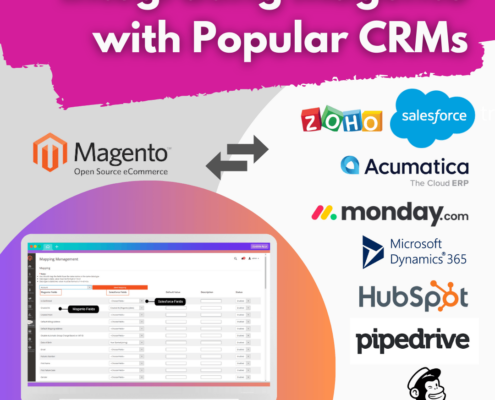 Digideo
https://www.digideo.co/wp-content/uploads/2024/12/Integrating-Magento-with-Popular-CRMs.png
1080
1080
Urszula Urban
https://www.digideo.co/wp-content/uploads/2023/06/digideo2019-340-1.jpg
Urszula Urban2024-12-10 19:46:302024-12-10 19:46:30Integrating Magento with Popular CRMs: A Step-by-Step Guide
Digideo
https://www.digideo.co/wp-content/uploads/2024/12/Integrating-Magento-with-Popular-CRMs.png
1080
1080
Urszula Urban
https://www.digideo.co/wp-content/uploads/2023/06/digideo2019-340-1.jpg
Urszula Urban2024-12-10 19:46:302024-12-10 19:46:30Integrating Magento with Popular CRMs: A Step-by-Step GuideMany carts like Shopify, Magento 2, or Woocommerce have great plugins that enable e-commerce tracking easily.
For other apps, it is a bit more complicated than it used to be in Universal Analytics.
Google suggests using Google Tag Manager for adding ecommerce measurements.
It is accurate, and we modified the tags there.
These are steps:
Measure ecommerce events with the GA4 Event tag
- In your workspace, open the Tags menu.
- Create a New tag. Click the Tag Configuration box and select the Google Analytics: GA4 Event tag.
- For Event Name, use the built-in variable {{Event}}. This will use the GA4 ecommerce event name sent using the gtag.js API.
- Under More Settings > Ecommerce, check Send Ecommerce data.
- For Data Source, select Data Layer.
- Set up a trigger for the GA4 Event, for example, when a user clicks a checkout button. See all available trigger types.
- Name and Save the tag.

A typical ecommerce implementation measures any of the following actions – from Google Support:
- Select an item from a list
- View item details
- Add/remove a product from a shopping cart
- Initiate the checkout process
- Make purchases or refunds
- Apply promotions
Analytics conversions have been renamed “key events”
To distinguish Google Analytics from those in Google Ads, Analytics conversions are now called key events.
You don’t need to take any action on your existing setup. Key events are created and reported in Google Analytics the same way as previous conversions.
If you have a linked Google Ads account, Google Ads conversions created from Analytics key events appear as conversions in the Analytics advertising section.
Key events in Google Analytics measure the interactions most important to your business. For example, you could mark an important event like a purchase or newsletter subscription as a key event. This will appear as a key event metric in Analytics reports.
Conversions can be created from key events to help measure and optimize your ad campaigns. These conversions are shared between Google Ads and Google Analytics for consistent reporting and are eligible for bidding in Google Ads.
Here’s what you’ll see in Analytics reports and settings:
- An event measures a specific behavioral interaction on your website or app.
- A key event is an event that you mark as important to your business. Key events appear in Analytics reports but aren’t directly eligible for reporting or bidding in Google Ads.
- A conversion created from an Analytics key event is eligible for reporting and bidding in Google Ads and also appears in Analytics Advertising reports.
In the future, the Advertising section of Analytics will include new features for advertisers, including additional conversion reporting and tools.
This is an example of key events tracked in the Magento 2 online shop with a Welt GA4 plugin.
Other shopping carts
It is a very similar approach for Google Analytics 4 setup.
Prestashop has an extension – Google Analytics 4 API. You need to modify these files to enable a multisite tracking
Woocommerce has built-in API settings, where you can configure everything.
We can help with correct settings. Please feel free to contact us.
Check our posts
 Digideo
https://www.digideo.co/wp-content/uploads/2024/12/Integrating-Magento-with-Popular-CRMs.png
1080
1080
Urszula Urban
https://www.digideo.co/wp-content/uploads/2023/06/digideo2019-340-1.jpg
Urszula Urban2024-12-10 19:46:302024-12-10 19:46:30Integrating Magento with Popular CRMs: A Step-by-Step Guide
Digideo
https://www.digideo.co/wp-content/uploads/2024/12/Integrating-Magento-with-Popular-CRMs.png
1080
1080
Urszula Urban
https://www.digideo.co/wp-content/uploads/2023/06/digideo2019-340-1.jpg
Urszula Urban2024-12-10 19:46:302024-12-10 19:46:30Integrating Magento with Popular CRMs: A Step-by-Step Guide Digideo
Digideo5 Fraud Detection AI Apps for E-commerce
AI, e-commerce, security, strategy Digideo
DigideoTurn prospects into profit
AI, consulting, consumer behaviour, CRM, marketing, marketing automation, SEM, social marketing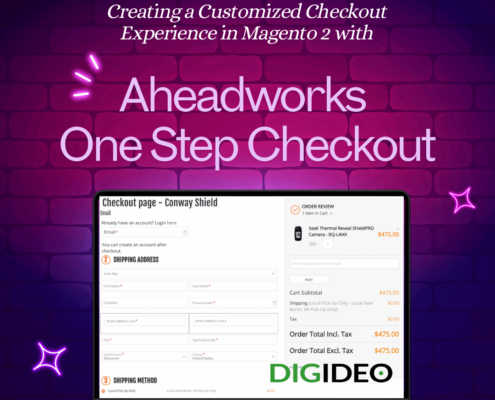
Creating a Customized Checkout Experience in Magento 2 with Aheadworks One Step Checkout
e-commerce Digideo
https://www.digideo.co/wp-content/uploads/2024/09/Magento-vs-Shopify-vs-WooCommerce.png
1080
1080
Urszula Urban
https://www.digideo.co/wp-content/uploads/2023/06/digideo2019-340-1.jpg
Urszula Urban2024-10-16 14:49:572024-10-21 16:08:57Magento vs Shopify vs WooCommerce: Which Platform is Right for Your Business?
Digideo
https://www.digideo.co/wp-content/uploads/2024/09/Magento-vs-Shopify-vs-WooCommerce.png
1080
1080
Urszula Urban
https://www.digideo.co/wp-content/uploads/2023/06/digideo2019-340-1.jpg
Urszula Urban2024-10-16 14:49:572024-10-21 16:08:57Magento vs Shopify vs WooCommerce: Which Platform is Right for Your Business? Digideo
DigideoEnhancing eCommerce strategies through AI tools
AI, business tools, CRM, e-commerce, marketing automation, security, strategy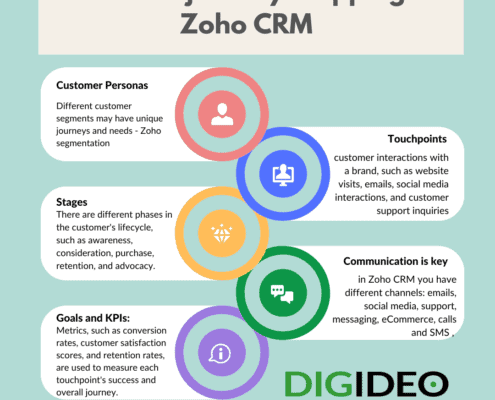 Digideo
DigideoCustomer journey mapping in Zoho CRM
consumer behaviour, CRM, strategy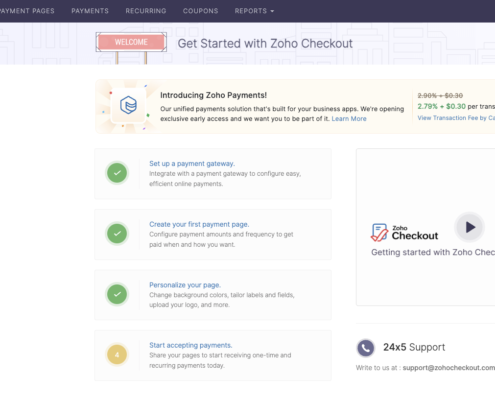
Streamline Your Payment Processes with Zoho Checkout: A Comprehensive Review
business tools, e-commerce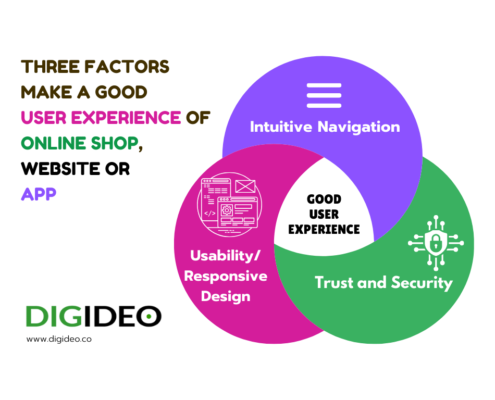 Digideo
DigideoWhat factors contribute to a good user experience in an online shop
consumer behaviour, e-commerce, SEO, usability, UX/UI design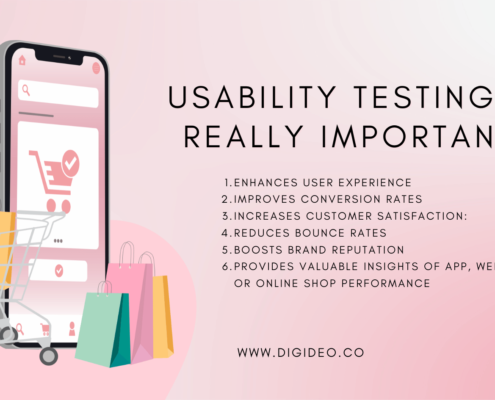 Digideo
https://www.digideo.co/wp-content/uploads/2024/07/Usability-testing-is-really-important.png
945
1680
Urszula Urban
https://www.digideo.co/wp-content/uploads/2023/06/digideo2019-340-1.jpg
Urszula Urban2024-07-07 12:02:482024-10-08 15:34:18Usability Testing is important
Digideo
https://www.digideo.co/wp-content/uploads/2024/07/Usability-testing-is-really-important.png
945
1680
Urszula Urban
https://www.digideo.co/wp-content/uploads/2023/06/digideo2019-340-1.jpg
Urszula Urban2024-07-07 12:02:482024-10-08 15:34:18Usability Testing is important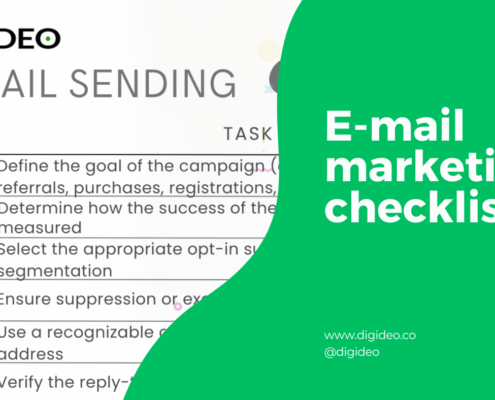 Digideo
https://www.digideo.co/wp-content/uploads/2024/06/E-mail-marketing-checklist-banner-new.png
788
1400
Urszula Urban
https://www.digideo.co/wp-content/uploads/2023/06/digideo2019-340-1.jpg
Urszula Urban2024-06-08 20:08:522024-11-05 19:30:41Email marketing checklist
Digideo
https://www.digideo.co/wp-content/uploads/2024/06/E-mail-marketing-checklist-banner-new.png
788
1400
Urszula Urban
https://www.digideo.co/wp-content/uploads/2023/06/digideo2019-340-1.jpg
Urszula Urban2024-06-08 20:08:522024-11-05 19:30:41Email marketing checklist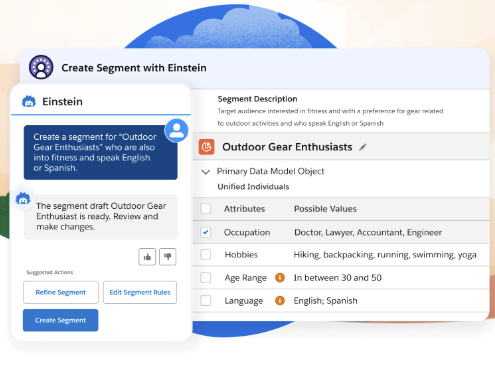 https://www.digideo.co/wp-content/uploads/2023/06/CRM-Automation-Solutions-Enhancing-Customer-Relationships-and-Sales.png
371
517
Urszula Urban
https://www.digideo.co/wp-content/uploads/2023/06/digideo2019-340-1.jpg
Urszula Urban2024-06-02 12:22:472024-10-08 16:53:38CRM Automation Solutions: Enhancing Customer Relationships and Sales
https://www.digideo.co/wp-content/uploads/2023/06/CRM-Automation-Solutions-Enhancing-Customer-Relationships-and-Sales.png
371
517
Urszula Urban
https://www.digideo.co/wp-content/uploads/2023/06/digideo2019-340-1.jpg
Urszula Urban2024-06-02 12:22:472024-10-08 16:53:38CRM Automation Solutions: Enhancing Customer Relationships and Sales Digideo
DigideoFuture Trends in CRM Automation – AI
AI, CRM, marketing automation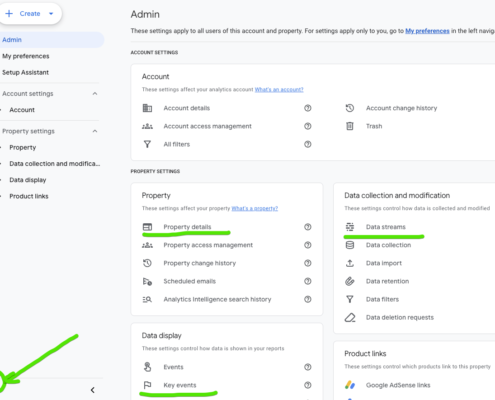
Google Analytics 4 multi-site tracking setup
marketing, SEM, SEOGoogle Analytics 4 Ecommerce measurement
e-commerce, SEM, SEO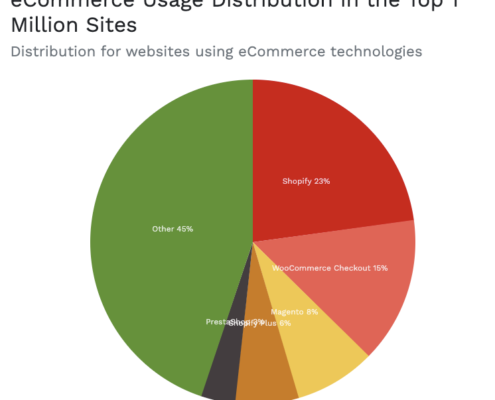
Ecommerce Statistics in 2024
e-commerce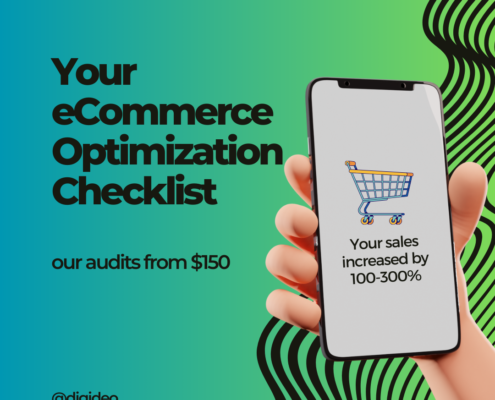 https://www.digideo.co/wp-content/uploads/2024/01/your-ecommerce-optimization-checklist.png
1080
1080
Urszula Urban
https://www.digideo.co/wp-content/uploads/2023/06/digideo2019-340-1.jpg
Urszula Urban2024-01-12 12:43:332024-10-08 15:53:22Your eCommerce optimization checklist
https://www.digideo.co/wp-content/uploads/2024/01/your-ecommerce-optimization-checklist.png
1080
1080
Urszula Urban
https://www.digideo.co/wp-content/uploads/2023/06/digideo2019-340-1.jpg
Urszula Urban2024-01-12 12:43:332024-10-08 15:53:22Your eCommerce optimization checklist
Digital chain in e-commerce 2024
business tools, e-commerce, strategy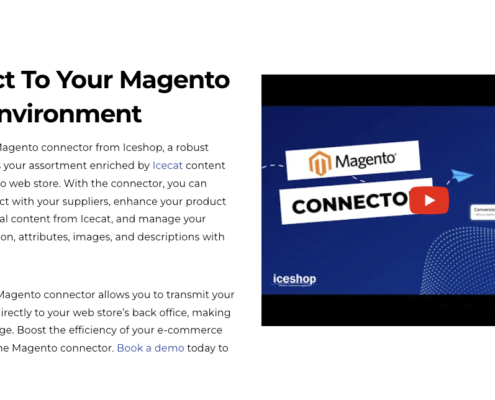
Icecat Extension for Magento 2: Easy Product Data Integration
business tools, e-commerce, strategy https://www.digideo.co/wp-content/uploads/2023/11/20231010_100930-scaled-e1698940192879.jpg
750
1000
Urszula Urban
https://www.digideo.co/wp-content/uploads/2023/06/digideo2019-340-1.jpg
Urszula Urban2023-11-02 15:08:522024-10-11 15:21:29Meet Magento NY 2023
https://www.digideo.co/wp-content/uploads/2023/11/20231010_100930-scaled-e1698940192879.jpg
750
1000
Urszula Urban
https://www.digideo.co/wp-content/uploads/2023/06/digideo2019-340-1.jpg
Urszula Urban2023-11-02 15:08:522024-10-11 15:21:29Meet Magento NY 2023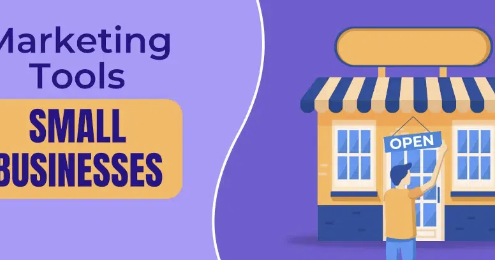 https://www.digideo.co/wp-content/uploads/2014/10/Marketing-Tools-for-Small-Business.png
260
621
Urszula Urban
https://www.digideo.co/wp-content/uploads/2023/06/digideo2019-340-1.jpg
Urszula Urban2023-10-22 11:20:062024-10-11 15:21:31What marketing tools work in small business
https://www.digideo.co/wp-content/uploads/2014/10/Marketing-Tools-for-Small-Business.png
260
621
Urszula Urban
https://www.digideo.co/wp-content/uploads/2023/06/digideo2019-340-1.jpg
Urszula Urban2023-10-22 11:20:062024-10-11 15:21:31What marketing tools work in small business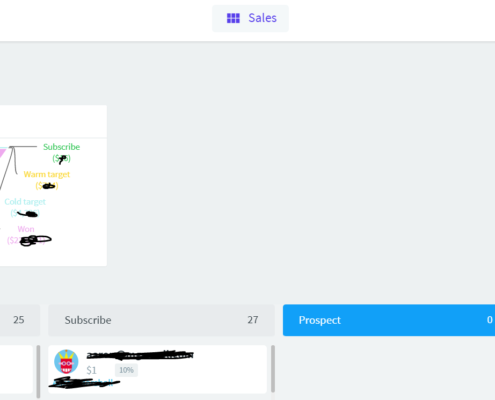 https://www.digideo.co/wp-content/uploads/2023/07/agilecrm.png
745
1878
Urszula Urban
https://www.digideo.co/wp-content/uploads/2023/06/digideo2019-340-1.jpg
Urszula Urban2023-08-28 22:33:252024-10-08 15:54:14Buying Marketing Automation tool
https://www.digideo.co/wp-content/uploads/2023/07/agilecrm.png
745
1878
Urszula Urban
https://www.digideo.co/wp-content/uploads/2023/06/digideo2019-340-1.jpg
Urszula Urban2023-08-28 22:33:252024-10-08 15:54:14Buying Marketing Automation tool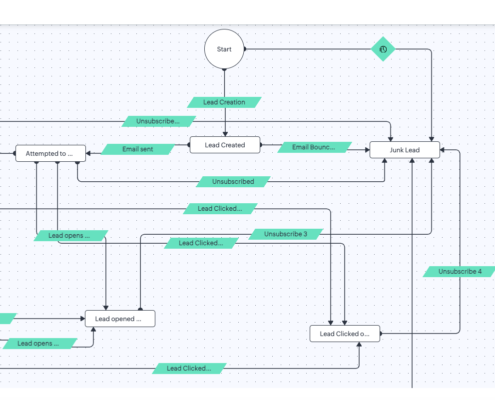 https://www.digideo.co/wp-content/uploads/2023/07/Qualify-Leads-through-email-Setup-Page-Zoho-CRM-2023-07-31-15-25-45.png
801
1589
Urszula Urban
https://www.digideo.co/wp-content/uploads/2023/06/digideo2019-340-1.jpg
Urszula Urban2023-07-31 14:21:472024-01-30 17:20:54Helping small businesses to automate Customer journeys
https://www.digideo.co/wp-content/uploads/2023/07/Qualify-Leads-through-email-Setup-Page-Zoho-CRM-2023-07-31-15-25-45.png
801
1589
Urszula Urban
https://www.digideo.co/wp-content/uploads/2023/06/digideo2019-340-1.jpg
Urszula Urban2023-07-31 14:21:472024-01-30 17:20:54Helping small businesses to automate Customer journeys https://www.digideo.co/wp-content/uploads/2013/03/website700.jpg
525
700
Urszula Urban
https://www.digideo.co/wp-content/uploads/2023/06/digideo2019-340-1.jpg
Urszula Urban2023-06-03 11:41:272024-10-11 15:21:33How to create a successful website
https://www.digideo.co/wp-content/uploads/2013/03/website700.jpg
525
700
Urszula Urban
https://www.digideo.co/wp-content/uploads/2023/06/digideo2019-340-1.jpg
Urszula Urban2023-06-03 11:41:272024-10-11 15:21:33How to create a successful website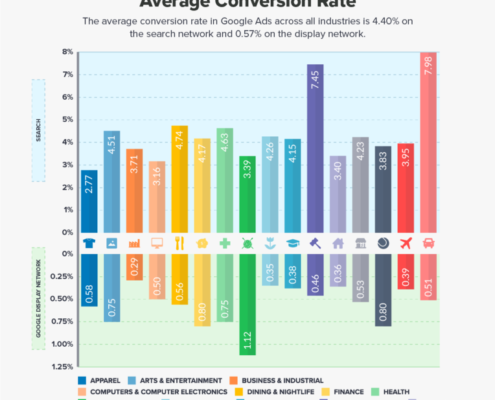 https://www.digideo.co/wp-content/uploads/2024/01/google-ads-conversion-rate-benchmarks_0.png
895
764
Urszula Urban
https://www.digideo.co/wp-content/uploads/2023/06/digideo2019-340-1.jpg
Urszula Urban2023-04-17 12:53:132024-10-11 15:21:35Most Important Ecommerce Metrics KPI
https://www.digideo.co/wp-content/uploads/2024/01/google-ads-conversion-rate-benchmarks_0.png
895
764
Urszula Urban
https://www.digideo.co/wp-content/uploads/2023/06/digideo2019-340-1.jpg
Urszula Urban2023-04-17 12:53:132024-10-11 15:21:35Most Important Ecommerce Metrics KPI
How to deliver an e-commerce project
e-commerce, project management Digideo
https://www.digideo.co/wp-content/uploads/2013/03/digital-marketing-banner-750.jpg
428
760
Urszula Urban
https://www.digideo.co/wp-content/uploads/2023/06/digideo2019-340-1.jpg
Urszula Urban2023-03-19 17:55:052024-01-30 17:37:12How to run Digital Marketing campaigns for eCommerce
Digideo
https://www.digideo.co/wp-content/uploads/2013/03/digital-marketing-banner-750.jpg
428
760
Urszula Urban
https://www.digideo.co/wp-content/uploads/2023/06/digideo2019-340-1.jpg
Urszula Urban2023-03-19 17:55:052024-01-30 17:37:12How to run Digital Marketing campaigns for eCommerce https://www.digideo.co/wp-content/uploads/2022/12/websites.jpg
300
300
Urszula Urban
https://www.digideo.co/wp-content/uploads/2023/06/digideo2019-340-1.jpg
Urszula Urban2022-12-07 08:51:012024-10-08 15:57:33What are Magento 2 basic requirements for hosting
https://www.digideo.co/wp-content/uploads/2022/12/websites.jpg
300
300
Urszula Urban
https://www.digideo.co/wp-content/uploads/2023/06/digideo2019-340-1.jpg
Urszula Urban2022-12-07 08:51:012024-10-08 15:57:33What are Magento 2 basic requirements for hosting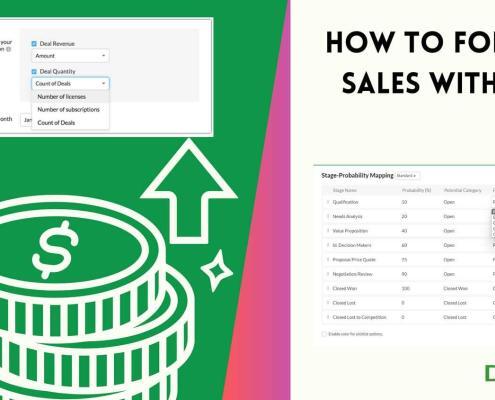 Digideo
https://www.digideo.co/wp-content/uploads/2022/12/How-To-Forecast-Sales-with-Zoho-CRM.jpg
844
1500
Urszula Urban
https://www.digideo.co/wp-content/uploads/2023/06/digideo2019-340-1.jpg
Urszula Urban2022-12-01 08:04:392024-10-11 15:21:38How to forecast sales with Zoho CRM
Digideo
https://www.digideo.co/wp-content/uploads/2022/12/How-To-Forecast-Sales-with-Zoho-CRM.jpg
844
1500
Urszula Urban
https://www.digideo.co/wp-content/uploads/2023/06/digideo2019-340-1.jpg
Urszula Urban2022-12-01 08:04:392024-10-11 15:21:38How to forecast sales with Zoho CRM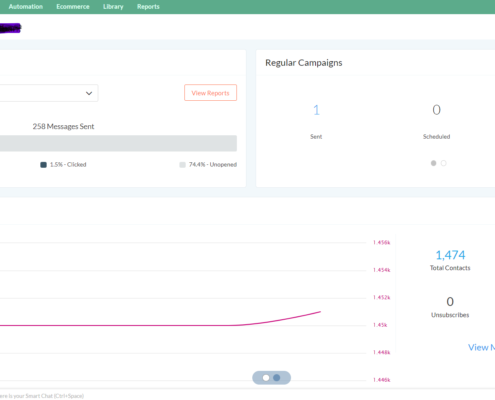 Digideo
DigideoZoho Campaigns vs. The Competition: A Comprehensive Analysis of Email Marketing Platforms
business tools, CRM, marketing automation, strategy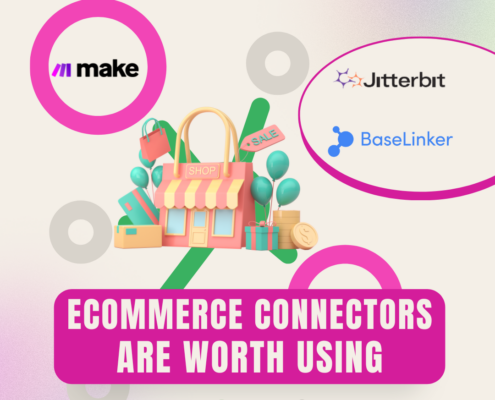 https://www.digideo.co/wp-content/uploads/2022/06/eCommerce-Connectors-are-worth-using.png
1080
1080
Urszula Urban
https://www.digideo.co/wp-content/uploads/2023/06/digideo2019-340-1.jpg
Urszula Urban2022-06-30 09:55:452024-10-28 19:00:38eCommerce Connectors are worth using for business automation
https://www.digideo.co/wp-content/uploads/2022/06/eCommerce-Connectors-are-worth-using.png
1080
1080
Urszula Urban
https://www.digideo.co/wp-content/uploads/2023/06/digideo2019-340-1.jpg
Urszula Urban2022-06-30 09:55:452024-10-28 19:00:38eCommerce Connectors are worth using for business automation https://www.digideo.co/wp-content/uploads/2013/04/island.jpg
667
500
Urszula Urban
https://www.digideo.co/wp-content/uploads/2023/06/digideo2019-340-1.jpg
Urszula Urban2022-03-20 13:02:472024-10-11 15:21:41Why we forget about a regular landscape and competitors’ assessment
https://www.digideo.co/wp-content/uploads/2013/04/island.jpg
667
500
Urszula Urban
https://www.digideo.co/wp-content/uploads/2023/06/digideo2019-340-1.jpg
Urszula Urban2022-03-20 13:02:472024-10-11 15:21:41Why we forget about a regular landscape and competitors’ assessment https://www.digideo.co/wp-content/uploads/2013/07/strategy_marketing.jpg
998
1500
Urszula Urban
https://www.digideo.co/wp-content/uploads/2023/06/digideo2019-340-1.jpg
Urszula Urban2022-03-20 12:45:582022-03-20 12:45:58Marketing strategy in eCommerce 2022
https://www.digideo.co/wp-content/uploads/2013/07/strategy_marketing.jpg
998
1500
Urszula Urban
https://www.digideo.co/wp-content/uploads/2023/06/digideo2019-340-1.jpg
Urszula Urban2022-03-20 12:45:582022-03-20 12:45:58Marketing strategy in eCommerce 2022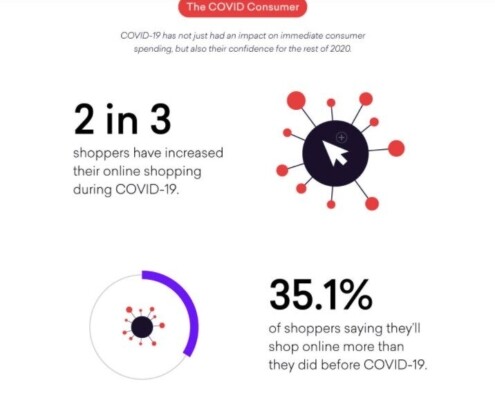 https://www.digideo.co/wp-content/uploads/2012/11/Qubit-Consumer-Christmas-2021-Infographic-PR-1.png-e1704299333446.jpg
597
716
Urszula Urban
https://www.digideo.co/wp-content/uploads/2023/06/digideo2019-340-1.jpg
Urszula Urban2021-11-30 18:37:192024-10-11 15:21:43online shop advertising – how to get started?
https://www.digideo.co/wp-content/uploads/2012/11/Qubit-Consumer-Christmas-2021-Infographic-PR-1.png-e1704299333446.jpg
597
716
Urszula Urban
https://www.digideo.co/wp-content/uploads/2023/06/digideo2019-340-1.jpg
Urszula Urban2021-11-30 18:37:192024-10-11 15:21:43online shop advertising – how to get started?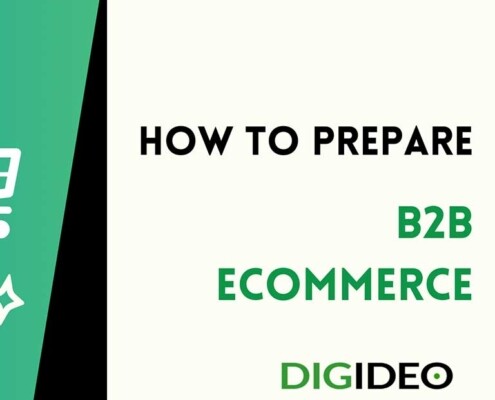 Digideo
https://www.digideo.co/wp-content/uploads/2021/05/How-to-prepare-B2B-eCommerce-square.jpg
768
768
Urszula Urban
https://www.digideo.co/wp-content/uploads/2023/06/digideo2019-340-1.jpg
Urszula Urban2021-05-18 10:34:202024-10-11 15:21:45How to prepare B2B eCommerce
Digideo
https://www.digideo.co/wp-content/uploads/2021/05/How-to-prepare-B2B-eCommerce-square.jpg
768
768
Urszula Urban
https://www.digideo.co/wp-content/uploads/2023/06/digideo2019-340-1.jpg
Urszula Urban2021-05-18 10:34:202024-10-11 15:21:45How to prepare B2B eCommerce https://www.digideo.co/wp-content/uploads/2021/05/Multichannel-Ecommerce.jpg
768
1024
Urszula Urban
https://www.digideo.co/wp-content/uploads/2023/06/digideo2019-340-1.jpg
Urszula Urban2021-01-20 07:18:562024-10-11 15:21:47Are Your eCommerce Marketing Channels efficient?
https://www.digideo.co/wp-content/uploads/2021/05/Multichannel-Ecommerce.jpg
768
1024
Urszula Urban
https://www.digideo.co/wp-content/uploads/2023/06/digideo2019-340-1.jpg
Urszula Urban2021-01-20 07:18:562024-10-11 15:21:47Are Your eCommerce Marketing Channels efficient?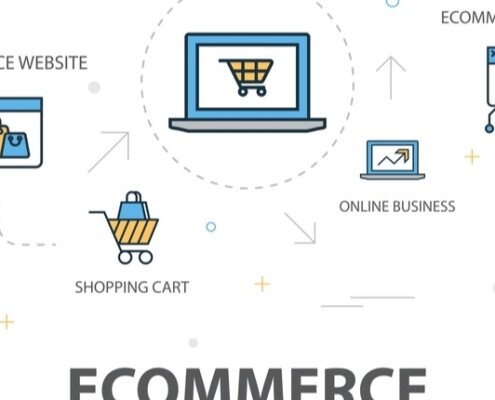 Digideo
https://www.digideo.co/wp-content/uploads/2024/01/ecommerce-1024x430-1.jpg
430
1024
Urszula Urban
https://www.digideo.co/wp-content/uploads/2023/06/digideo2019-340-1.jpg
Urszula Urban2021-01-11 13:42:172024-10-11 15:16:37How do people buy online in 2021
Digideo
https://www.digideo.co/wp-content/uploads/2024/01/ecommerce-1024x430-1.jpg
430
1024
Urszula Urban
https://www.digideo.co/wp-content/uploads/2023/06/digideo2019-340-1.jpg
Urszula Urban2021-01-11 13:42:172024-10-11 15:16:37How do people buy online in 2021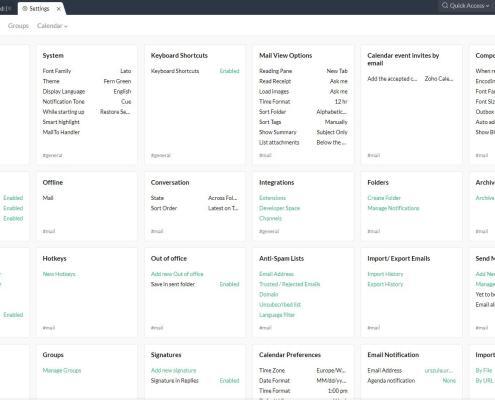 https://www.digideo.co/wp-content/uploads/2020/12/Zoho-email.jpg
942
1555
Urszula Urban
https://www.digideo.co/wp-content/uploads/2023/06/digideo2019-340-1.jpg
Urszula Urban2020-12-07 10:09:222024-10-11 15:21:49Why my 5 customers switched to Zoho Mail
https://www.digideo.co/wp-content/uploads/2020/12/Zoho-email.jpg
942
1555
Urszula Urban
https://www.digideo.co/wp-content/uploads/2023/06/digideo2019-340-1.jpg
Urszula Urban2020-12-07 10:09:222024-10-11 15:21:49Why my 5 customers switched to Zoho Mail
How to switch to virtual firm and remote teams successfully?
business tools, project management, strategy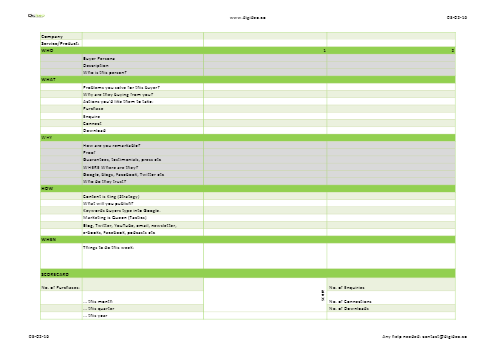 https://www.digideo.co/wp-content/uploads/2024/01/ecommerce-marketing-plan-1.png
353
500
Urszula Urban
https://www.digideo.co/wp-content/uploads/2023/06/digideo2019-340-1.jpg
Urszula Urban2020-10-03 20:21:432024-10-30 10:41:45Easy steps to implement an eCommerce marketing plan
https://www.digideo.co/wp-content/uploads/2024/01/ecommerce-marketing-plan-1.png
353
500
Urszula Urban
https://www.digideo.co/wp-content/uploads/2023/06/digideo2019-340-1.jpg
Urszula Urban2020-10-03 20:21:432024-10-30 10:41:45Easy steps to implement an eCommerce marketing plan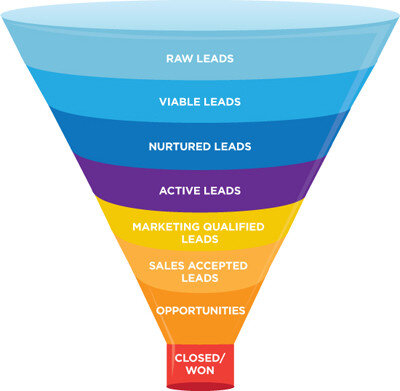 https://www.digideo.co/wp-content/uploads/2023/07/prospects-funnels.jpg
391
400
Urszula Urban
https://www.digideo.co/wp-content/uploads/2023/06/digideo2019-340-1.jpg
Urszula Urban2020-09-10 06:43:392024-01-25 14:15:15How to prepare yourself for marketing automation?
https://www.digideo.co/wp-content/uploads/2023/07/prospects-funnels.jpg
391
400
Urszula Urban
https://www.digideo.co/wp-content/uploads/2023/06/digideo2019-340-1.jpg
Urszula Urban2020-09-10 06:43:392024-01-25 14:15:15How to prepare yourself for marketing automation? https://www.digideo.co/wp-content/uploads/2011/11/emarketing-campaigns-small.jpg
333
500
Urszula Urban
https://www.digideo.co/wp-content/uploads/2023/06/digideo2019-340-1.jpg
Urszula Urban2020-09-03 12:10:322024-01-30 17:38:40Consumer word-of-mouth in eCommerce
https://www.digideo.co/wp-content/uploads/2011/11/emarketing-campaigns-small.jpg
333
500
Urszula Urban
https://www.digideo.co/wp-content/uploads/2023/06/digideo2019-340-1.jpg
Urszula Urban2020-09-03 12:10:322024-01-30 17:38:40Consumer word-of-mouth in eCommerce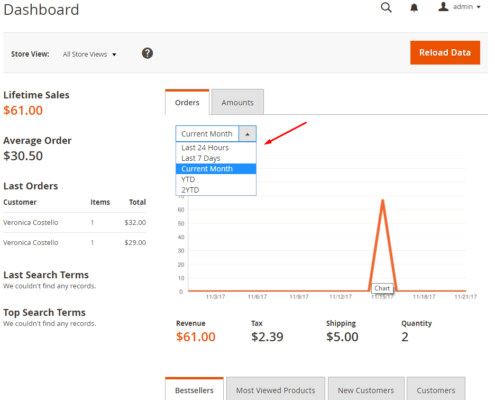 https://www.digideo.co/wp-content/uploads/2023/07/Magento-2-dashboard-orders-chart.png
785
936
Urszula Urban
https://www.digideo.co/wp-content/uploads/2023/06/digideo2019-340-1.jpg
Urszula Urban2020-07-22 07:50:112024-01-25 14:19:24Magento Open Source Release Calendar 2020-2021
https://www.digideo.co/wp-content/uploads/2023/07/Magento-2-dashboard-orders-chart.png
785
936
Urszula Urban
https://www.digideo.co/wp-content/uploads/2023/06/digideo2019-340-1.jpg
Urszula Urban2020-07-22 07:50:112024-01-25 14:19:24Magento Open Source Release Calendar 2020-2021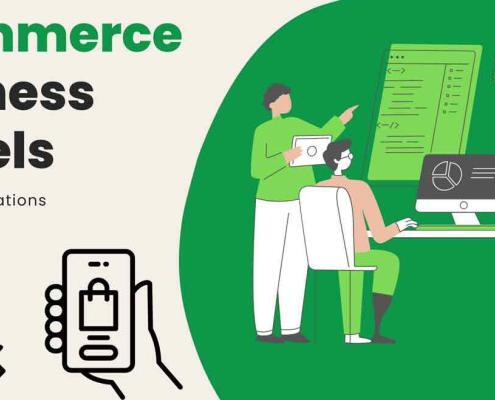 Digideo
https://www.digideo.co/wp-content/uploads/2020/07/eCommerce-business-models1500.jpg
658
1500
Urszula Urban
https://www.digideo.co/wp-content/uploads/2023/06/digideo2019-340-1.jpg
Urszula Urban2020-07-21 17:40:572024-10-11 15:22:31eCommerce business models change organizations
Digideo
https://www.digideo.co/wp-content/uploads/2020/07/eCommerce-business-models1500.jpg
658
1500
Urszula Urban
https://www.digideo.co/wp-content/uploads/2023/06/digideo2019-340-1.jpg
Urszula Urban2020-07-21 17:40:572024-10-11 15:22:31eCommerce business models change organizations https://www.digideo.co/wp-content/uploads/2020/06/parcel-delivery-lockers.jpg
450
800
Urszula Urban
https://www.digideo.co/wp-content/uploads/2023/06/digideo2019-340-1.jpg
Urszula Urban2020-06-22 08:04:482024-10-11 15:22:32Is a last mile delivery important in eCommerce?
https://www.digideo.co/wp-content/uploads/2020/06/parcel-delivery-lockers.jpg
450
800
Urszula Urban
https://www.digideo.co/wp-content/uploads/2023/06/digideo2019-340-1.jpg
Urszula Urban2020-06-22 08:04:482024-10-11 15:22:32Is a last mile delivery important in eCommerce?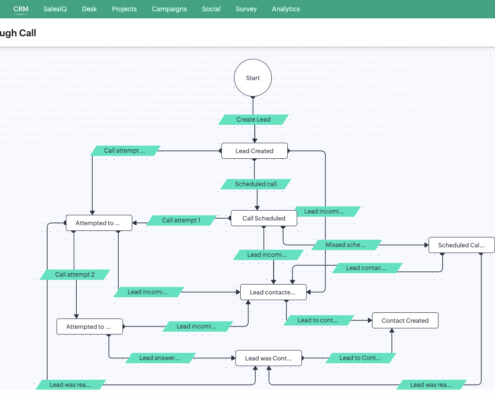 https://www.digideo.co/wp-content/uploads/2023/07/Qalify-Leads-through-Call-Setup-Page-Zoho-CRM-2023-07-31-15-19-26.png
849
1461
Urszula Urban
https://www.digideo.co/wp-content/uploads/2023/06/digideo2019-340-1.jpg
Urszula Urban2020-05-21 04:42:462024-10-11 15:22:34Lead qualification B2B in Zoho CRM
https://www.digideo.co/wp-content/uploads/2023/07/Qalify-Leads-through-Call-Setup-Page-Zoho-CRM-2023-07-31-15-19-26.png
849
1461
Urszula Urban
https://www.digideo.co/wp-content/uploads/2023/06/digideo2019-340-1.jpg
Urszula Urban2020-05-21 04:42:462024-10-11 15:22:34Lead qualification B2B in Zoho CRM Digideo
DigideoTypical ecommerce faqs
AI, business tools, consulting, consumer behaviour, CRM, e-commerce, marketing, marketing automation, security, SEM, social marketing, strategy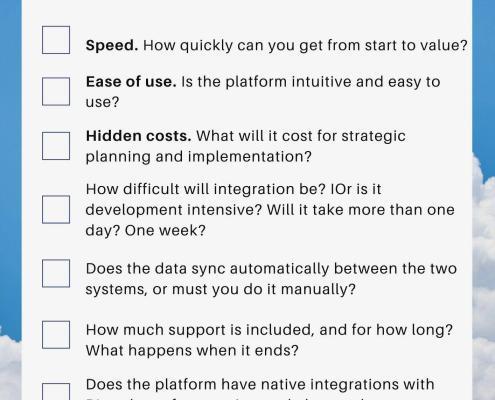 https://www.digideo.co/wp-content/uploads/2020/04/Blue-and-White-Striped-Checklist-2.jpg
2000
1414
Urszula Urban
https://www.digideo.co/wp-content/uploads/2023/06/digideo2019-340-1.jpg
Urszula Urban2020-04-26 13:10:142024-10-11 15:22:38Your Marketing Automation Checklist
https://www.digideo.co/wp-content/uploads/2020/04/Blue-and-White-Striped-Checklist-2.jpg
2000
1414
Urszula Urban
https://www.digideo.co/wp-content/uploads/2023/06/digideo2019-340-1.jpg
Urszula Urban2020-04-26 13:10:142024-10-11 15:22:38Your Marketing Automation Checklist https://www.digideo.co/wp-content/uploads/2013/04/consumer.jpg
261
481
Urszula Urban
https://www.digideo.co/wp-content/uploads/2023/06/digideo2019-340-1.jpg
Urszula Urban2020-04-08 16:45:092024-10-11 15:22:40Social media strategy and customer
https://www.digideo.co/wp-content/uploads/2013/04/consumer.jpg
261
481
Urszula Urban
https://www.digideo.co/wp-content/uploads/2023/06/digideo2019-340-1.jpg
Urszula Urban2020-04-08 16:45:092024-10-11 15:22:40Social media strategy and customer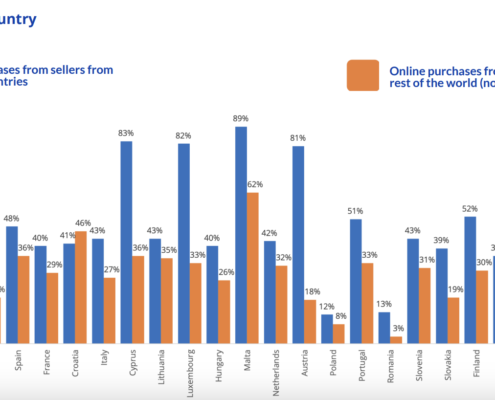 https://www.digideo.co/wp-content/uploads/2020/02/European_Ecommerce_report_2019_freeFinal-version.pdf-2024-01-25-16-06-19.png
818
1956
Urszula Urban
https://www.digideo.co/wp-content/uploads/2023/06/digideo2019-340-1.jpg
Urszula Urban2020-02-27 04:55:052024-01-25 15:12:42The European Ecommerce Report 2019
https://www.digideo.co/wp-content/uploads/2020/02/European_Ecommerce_report_2019_freeFinal-version.pdf-2024-01-25-16-06-19.png
818
1956
Urszula Urban
https://www.digideo.co/wp-content/uploads/2023/06/digideo2019-340-1.jpg
Urszula Urban2020-02-27 04:55:052024-01-25 15:12:42The European Ecommerce Report 2019 https://www.digideo.co/wp-content/uploads/2017/02/banner-cc.jpg
750
1500
Urszula Urban
https://www.digideo.co/wp-content/uploads/2023/06/digideo2019-340-1.jpg
Urszula Urban2020-01-22 11:59:592024-10-11 15:22:41The next new wave of eCommerce innovation
https://www.digideo.co/wp-content/uploads/2017/02/banner-cc.jpg
750
1500
Urszula Urban
https://www.digideo.co/wp-content/uploads/2023/06/digideo2019-340-1.jpg
Urszula Urban2020-01-22 11:59:592024-10-11 15:22:41The next new wave of eCommerce innovation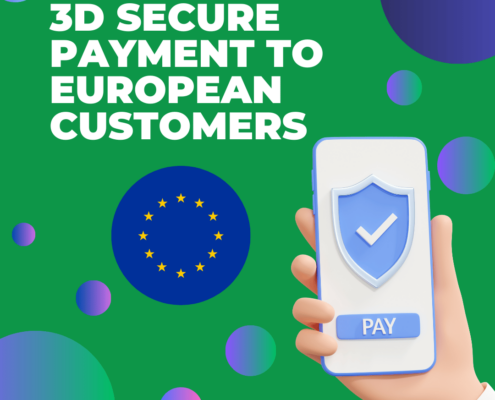 Digideo
Digideo3D Secure payment to European customers
e-commerce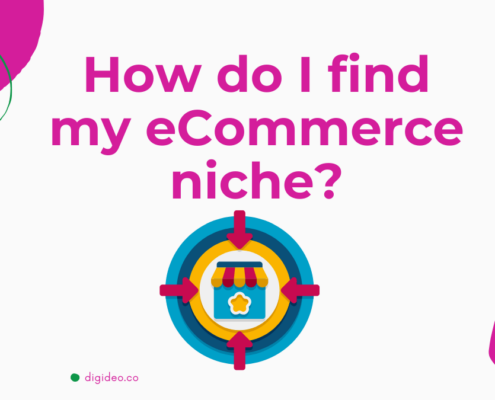 Digideo
DigideoHow do I find my ecommerce niche?
e-commerce, SEO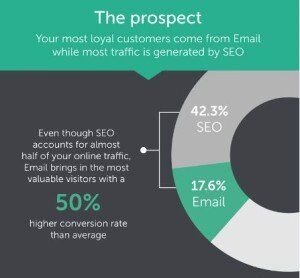
Why the personalization in the online shopping matters?
business tools, consumer behaviour, e-commerce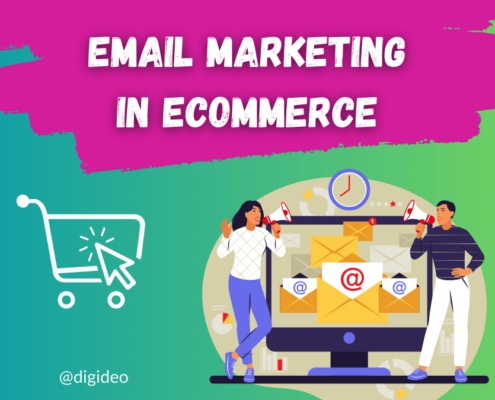 Digideo
DigideoEmail Marketing in eCommerce: personalization wins the game
e-commerce, marketing, marketing automation, SEM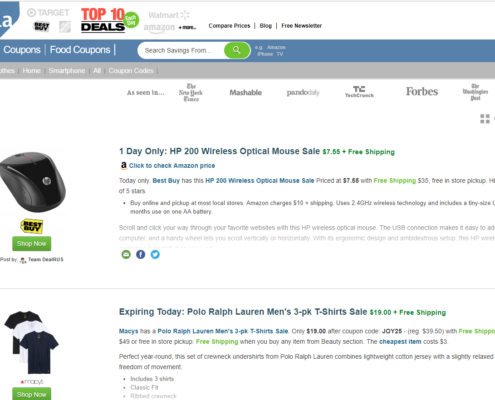 https://www.digideo.co/wp-content/uploads/2018/12/buy-via.png
882
1461
Urszula Urban
https://www.digideo.co/wp-content/uploads/2023/06/digideo2019-340-1.jpg
Urszula Urban2018-12-08 15:41:362024-04-04 11:51:44when website sales dropped – boost your sales
https://www.digideo.co/wp-content/uploads/2018/12/buy-via.png
882
1461
Urszula Urban
https://www.digideo.co/wp-content/uploads/2023/06/digideo2019-340-1.jpg
Urszula Urban2018-12-08 15:41:362024-04-04 11:51:44when website sales dropped – boost your sales https://www.digideo.co/wp-content/uploads/2015/07/portfolio-9.jpg
570
800
Urszula Urban
https://www.digideo.co/wp-content/uploads/2023/06/digideo2019-340-1.jpg
Urszula Urban2018-12-02 14:57:552024-11-21 13:38:11User experience strategy
https://www.digideo.co/wp-content/uploads/2015/07/portfolio-9.jpg
570
800
Urszula Urban
https://www.digideo.co/wp-content/uploads/2023/06/digideo2019-340-1.jpg
Urszula Urban2018-12-02 14:57:552024-11-21 13:38:11User experience strategy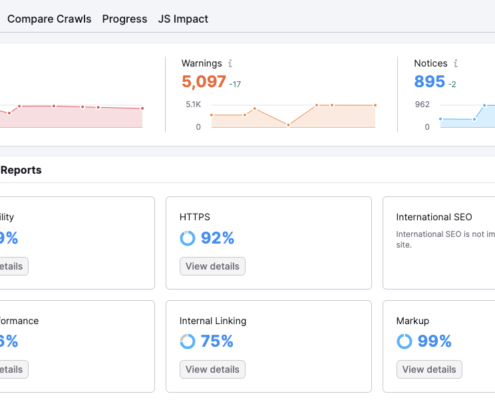 https://www.digideo.co/wp-content/uploads/2024/01/Google-Analytics-4-audit-.png
601
1496
Urszula Urban
https://www.digideo.co/wp-content/uploads/2023/06/digideo2019-340-1.jpg
Urszula Urban2018-11-01 10:58:242024-10-11 15:22:49Why does your eCommerce business need an expert optimization audit
https://www.digideo.co/wp-content/uploads/2024/01/Google-Analytics-4-audit-.png
601
1496
Urszula Urban
https://www.digideo.co/wp-content/uploads/2023/06/digideo2019-340-1.jpg
Urszula Urban2018-11-01 10:58:242024-10-11 15:22:49Why does your eCommerce business need an expert optimization audit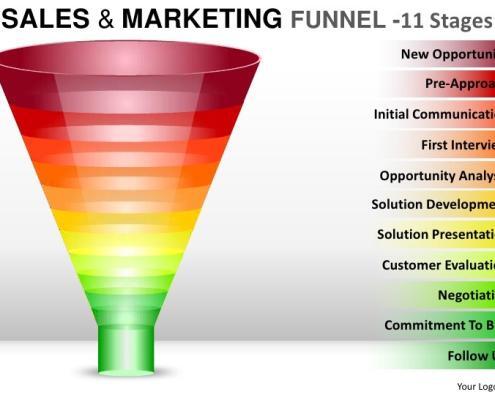
Drip Marketing or Marketing Automation: Strategies, Setup, and Best Practices for B2B Businesses
CRM, marketing, marketing automation, strategy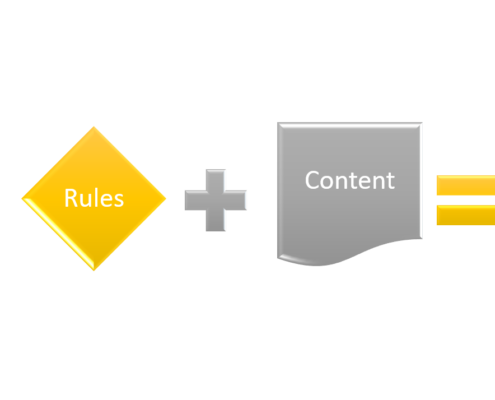 https://www.digideo.co/wp-content/uploads/2024/01/marketing-automation.png
714
1728
Urszula Urban
https://www.digideo.co/wp-content/uploads/2023/06/digideo2019-340-1.jpg
Urszula Urban2018-08-06 11:15:522024-10-11 15:22:52Marketing automation tactics in B2B companies
https://www.digideo.co/wp-content/uploads/2024/01/marketing-automation.png
714
1728
Urszula Urban
https://www.digideo.co/wp-content/uploads/2023/06/digideo2019-340-1.jpg
Urszula Urban2018-08-06 11:15:522024-10-11 15:22:52Marketing automation tactics in B2B companies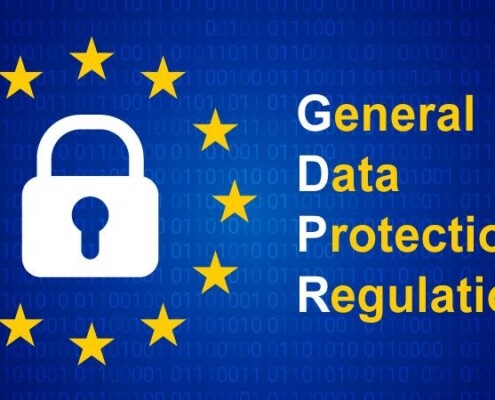 https://www.digideo.co/wp-content/uploads/2018/05/gdpr-logo.jpeg
450
800
Urszula Urban
https://www.digideo.co/wp-content/uploads/2023/06/digideo2019-340-1.jpg
Urszula Urban2018-05-28 10:00:562024-10-11 15:22:54GDPR checklist points
https://www.digideo.co/wp-content/uploads/2018/05/gdpr-logo.jpeg
450
800
Urszula Urban
https://www.digideo.co/wp-content/uploads/2023/06/digideo2019-340-1.jpg
Urszula Urban2018-05-28 10:00:562024-10-11 15:22:54GDPR checklist points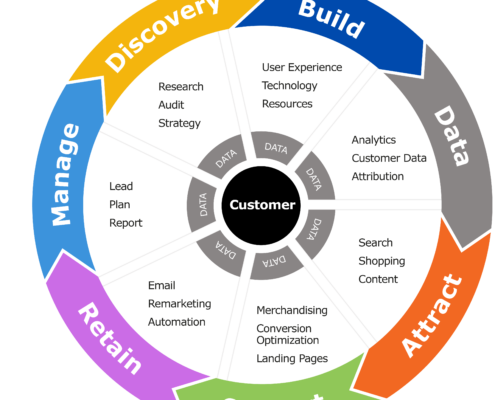 https://www.digideo.co/wp-content/uploads/2018/05/ecommerce-tactics-for-B2B-e1713806306382.png
950
1000
Urszula Urban
https://www.digideo.co/wp-content/uploads/2023/06/digideo2019-340-1.jpg
Urszula Urban2018-05-10 06:21:012024-04-22 17:21:23Using e-Commerce tactics to attract B2B customers
https://www.digideo.co/wp-content/uploads/2018/05/ecommerce-tactics-for-B2B-e1713806306382.png
950
1000
Urszula Urban
https://www.digideo.co/wp-content/uploads/2023/06/digideo2019-340-1.jpg
Urszula Urban2018-05-10 06:21:012024-04-22 17:21:23Using e-Commerce tactics to attract B2B customers https://www.digideo.co/wp-content/uploads/2024/01/onlinepayment.jpg
1080
1920
Urszula Urban
https://www.digideo.co/wp-content/uploads/2023/06/digideo2019-340-1.jpg
Urszula Urban2018-04-18 09:29:182024-07-17 17:18:28How to find the right payment services for your small business
https://www.digideo.co/wp-content/uploads/2024/01/onlinepayment.jpg
1080
1920
Urszula Urban
https://www.digideo.co/wp-content/uploads/2023/06/digideo2019-340-1.jpg
Urszula Urban2018-04-18 09:29:182024-07-17 17:18:28How to find the right payment services for your small business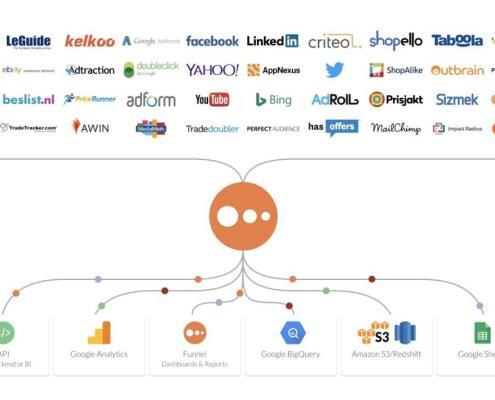 https://www.digideo.co/wp-content/uploads/2018/02/ecommerce-news-funnel.io_.jpeg
720
1280
Urszula Urban
https://www.digideo.co/wp-content/uploads/2023/06/digideo2019-340-1.jpg
Urszula Urban2018-02-08 12:34:392024-04-22 17:27:09eCommerce News February 2018 by Digideo
https://www.digideo.co/wp-content/uploads/2018/02/ecommerce-news-funnel.io_.jpeg
720
1280
Urszula Urban
https://www.digideo.co/wp-content/uploads/2023/06/digideo2019-340-1.jpg
Urszula Urban2018-02-08 12:34:392024-04-22 17:27:09eCommerce News February 2018 by Digideo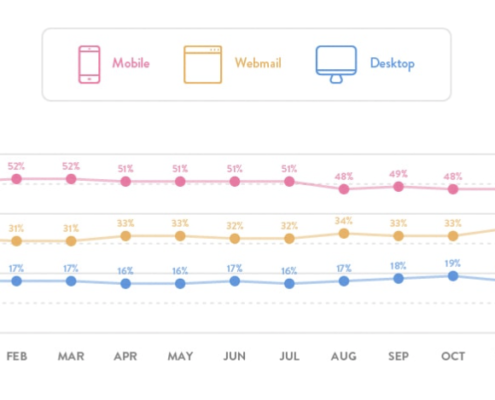 https://www.digideo.co/wp-content/uploads/2018/02/2017-Email-Client-Market-Share.png
469
846
Urszula Urban
https://www.digideo.co/wp-content/uploads/2023/06/digideo2019-340-1.jpg
Urszula Urban2018-02-06 11:00:582024-10-11 15:22:55Email marketing statistics
https://www.digideo.co/wp-content/uploads/2018/02/2017-Email-Client-Market-Share.png
469
846
Urszula Urban
https://www.digideo.co/wp-content/uploads/2023/06/digideo2019-340-1.jpg
Urszula Urban2018-02-06 11:00:582024-10-11 15:22:55Email marketing statistics https://www.digideo.co/wp-content/uploads/2018/01/Instagram-Sales.png
483
718
Urszula Urban
https://www.digideo.co/wp-content/uploads/2023/06/digideo2019-340-1.jpg
Urszula Urban2018-01-19 13:55:002024-04-22 17:43:58Instagram sales are possible
https://www.digideo.co/wp-content/uploads/2018/01/Instagram-Sales.png
483
718
Urszula Urban
https://www.digideo.co/wp-content/uploads/2023/06/digideo2019-340-1.jpg
Urszula Urban2018-01-19 13:55:002024-04-22 17:43:58Instagram sales are possible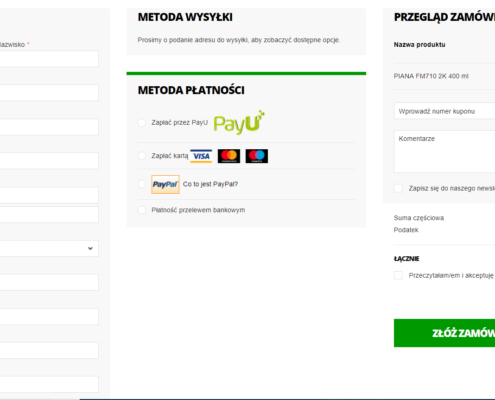 https://www.digideo.co/wp-content/uploads/layerslider/projects/Sokolka-okna-i-drzwi/sokolka-shop-checkout-2.png
863
1622
Urszula Urban
https://www.digideo.co/wp-content/uploads/2023/06/digideo2019-340-1.jpg
Urszula Urban2018-01-19 06:56:122024-10-11 15:22:57Your eCommerce Checkout Optimization Checklist
https://www.digideo.co/wp-content/uploads/layerslider/projects/Sokolka-okna-i-drzwi/sokolka-shop-checkout-2.png
863
1622
Urszula Urban
https://www.digideo.co/wp-content/uploads/2023/06/digideo2019-340-1.jpg
Urszula Urban2018-01-19 06:56:122024-10-11 15:22:57Your eCommerce Checkout Optimization Checklist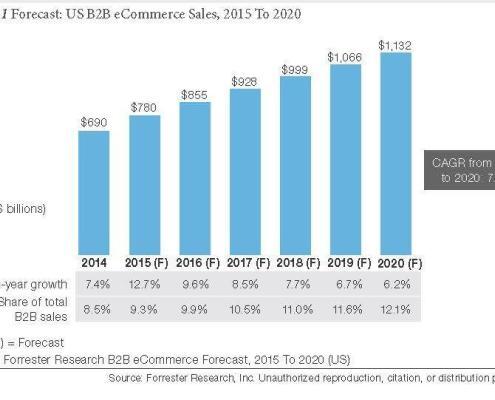 https://www.digideo.co/wp-content/uploads/2021/05/B2B-e-commerce-trends-2020.jpg
541
830
Urszula Urban
https://www.digideo.co/wp-content/uploads/2023/06/digideo2019-340-1.jpg
Urszula Urban2018-01-14 18:20:342024-10-11 15:22:59E-Commerce Trends in 2018
https://www.digideo.co/wp-content/uploads/2021/05/B2B-e-commerce-trends-2020.jpg
541
830
Urszula Urban
https://www.digideo.co/wp-content/uploads/2023/06/digideo2019-340-1.jpg
Urszula Urban2018-01-14 18:20:342024-10-11 15:22:59E-Commerce Trends in 2018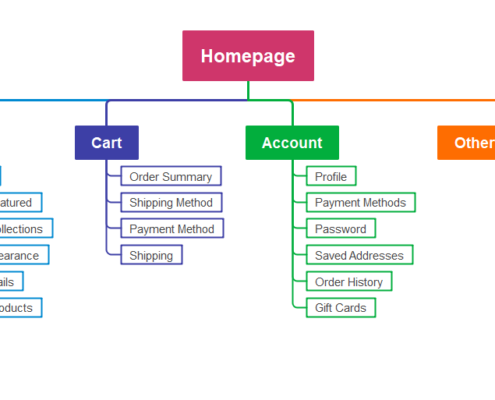 https://www.digideo.co/wp-content/uploads/2018/01/ecommerce-sitemap-template.png
513
999
Urszula Urban
https://www.digideo.co/wp-content/uploads/2023/06/digideo2019-340-1.jpg
Urszula Urban2018-01-03 08:49:312024-07-30 12:20:36Why eCommerce Sitemap is important
https://www.digideo.co/wp-content/uploads/2018/01/ecommerce-sitemap-template.png
513
999
Urszula Urban
https://www.digideo.co/wp-content/uploads/2023/06/digideo2019-340-1.jpg
Urszula Urban2018-01-03 08:49:312024-07-30 12:20:36Why eCommerce Sitemap is important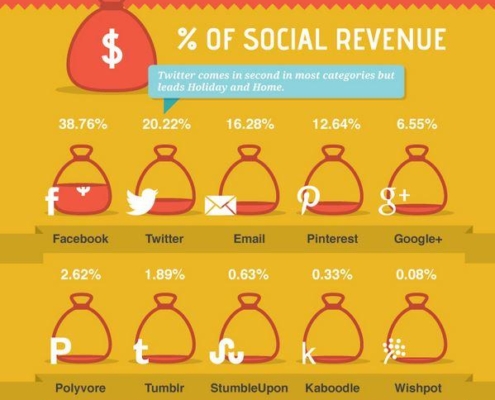 https://www.digideo.co/wp-content/uploads/2013/06/social_sharing.jpg
542
599
Urszula Urban
https://www.digideo.co/wp-content/uploads/2023/06/digideo2019-340-1.jpg
Urszula Urban2017-12-05 18:40:262024-10-11 15:23:00Social sharing and recommendations in ecommerce
https://www.digideo.co/wp-content/uploads/2013/06/social_sharing.jpg
542
599
Urszula Urban
https://www.digideo.co/wp-content/uploads/2023/06/digideo2019-340-1.jpg
Urszula Urban2017-12-05 18:40:262024-10-11 15:23:00Social sharing and recommendations in ecommerce https://www.digideo.co/wp-content/uploads/2012/11/shopping-cart.jpg
927
1000
Urszula Urban
https://www.digideo.co/wp-content/uploads/2023/06/digideo2019-340-1.jpg
Urszula Urban2017-06-24 02:43:362024-10-11 15:23:22e-commerce hotter
https://www.digideo.co/wp-content/uploads/2012/11/shopping-cart.jpg
927
1000
Urszula Urban
https://www.digideo.co/wp-content/uploads/2023/06/digideo2019-340-1.jpg
Urszula Urban2017-06-24 02:43:362024-10-11 15:23:22e-commerce hotter https://www.digideo.co/wp-content/uploads/2017/02/banner-news-alt.jpg
750
1500
Urszula Urban
https://www.digideo.co/wp-content/uploads/2023/06/digideo2019-340-1.jpg
Urszula Urban2017-03-31 18:30:092024-10-11 15:23:50eCommerce News March 2017 by Digideo
https://www.digideo.co/wp-content/uploads/2017/02/banner-news-alt.jpg
750
1500
Urszula Urban
https://www.digideo.co/wp-content/uploads/2023/06/digideo2019-340-1.jpg
Urszula Urban2017-03-31 18:30:092024-10-11 15:23:50eCommerce News March 2017 by Digideo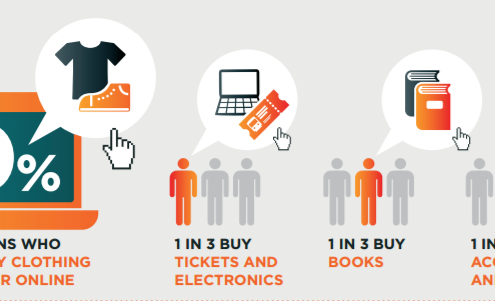 Digideo
https://www.digideo.co/wp-content/uploads/2017/02/masterindex-2017-research-product-bought.png
301
879
Urszula Urban
https://www.digideo.co/wp-content/uploads/2023/06/digideo2019-340-1.jpg
Urszula Urban2017-02-04 20:59:212024-07-17 17:06:08eCommerce news February 2017
Digideo
https://www.digideo.co/wp-content/uploads/2017/02/masterindex-2017-research-product-bought.png
301
879
Urszula Urban
https://www.digideo.co/wp-content/uploads/2023/06/digideo2019-340-1.jpg
Urszula Urban2017-02-04 20:59:212024-07-17 17:06:08eCommerce news February 2017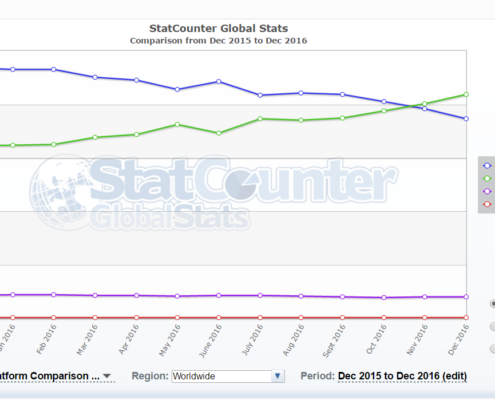 https://www.digideo.co/wp-content/uploads/2017/01/global-web-statistics-1.png
699
1054
Urszula Urban
https://www.digideo.co/wp-content/uploads/2023/06/digideo2019-340-1.jpg
Urszula Urban2017-01-06 17:28:572024-10-11 15:25:10Finally mobile usage exceeded desktop usage globally
https://www.digideo.co/wp-content/uploads/2017/01/global-web-statistics-1.png
699
1054
Urszula Urban
https://www.digideo.co/wp-content/uploads/2023/06/digideo2019-340-1.jpg
Urszula Urban2017-01-06 17:28:572024-10-11 15:25:10Finally mobile usage exceeded desktop usage globally https://www.digideo.co/wp-content/uploads/2016/11/airbnb-2.jpg
592
1098
Urszula Urban
https://www.digideo.co/wp-content/uploads/2023/06/digideo2019-340-1.jpg
Urszula Urban2016-11-04 19:18:312024-10-11 15:25:12what eCommerce Marketplace Metrics are important
https://www.digideo.co/wp-content/uploads/2016/11/airbnb-2.jpg
592
1098
Urszula Urban
https://www.digideo.co/wp-content/uploads/2023/06/digideo2019-340-1.jpg
Urszula Urban2016-11-04 19:18:312024-10-11 15:25:12what eCommerce Marketplace Metrics are important
Building scaled ecommerce business
business tools, consumer behaviour, CRM, e-commerce, marketing, marketing automation, strategy
Why entrepreneurship behavior is important for your company
consulting, consumer behaviour, e-commerce, strategy https://www.digideo.co/wp-content/uploads/2016/03/shop.jpg
667
1000
Urszula Urban
https://www.digideo.co/wp-content/uploads/2023/06/digideo2019-340-1.jpg
Urszula Urban2016-03-01 15:16:402024-10-11 15:25:18Truth behind eCommerce optimization
https://www.digideo.co/wp-content/uploads/2016/03/shop.jpg
667
1000
Urszula Urban
https://www.digideo.co/wp-content/uploads/2023/06/digideo2019-340-1.jpg
Urszula Urban2016-03-01 15:16:402024-10-11 15:25:18Truth behind eCommerce optimization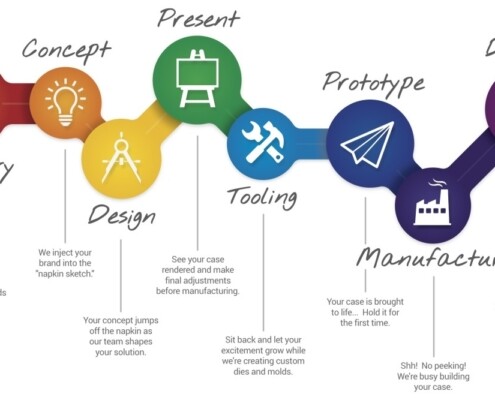 https://www.digideo.co/wp-content/uploads/2016/01/Optimized-Design-Process.jpg
667
1200
Urszula Urban
https://www.digideo.co/wp-content/uploads/2023/06/digideo2019-340-1.jpg
Urszula Urban2016-01-27 12:36:372024-10-11 15:25:19Future doesn’t exist – the design process
https://www.digideo.co/wp-content/uploads/2016/01/Optimized-Design-Process.jpg
667
1200
Urszula Urban
https://www.digideo.co/wp-content/uploads/2023/06/digideo2019-340-1.jpg
Urszula Urban2016-01-27 12:36:372024-10-11 15:25:19Future doesn’t exist – the design process https://www.digideo.co/wp-content/uploads/2016/01/web-design-trends-in-2016.jpg
430
741
Urszula Urban
https://www.digideo.co/wp-content/uploads/2023/06/digideo2019-340-1.jpg
Urszula Urban2016-01-19 17:05:512024-10-11 15:25:21Web design trends in 2016
https://www.digideo.co/wp-content/uploads/2016/01/web-design-trends-in-2016.jpg
430
741
Urszula Urban
https://www.digideo.co/wp-content/uploads/2023/06/digideo2019-340-1.jpg
Urszula Urban2016-01-19 17:05:512024-10-11 15:25:21Web design trends in 2016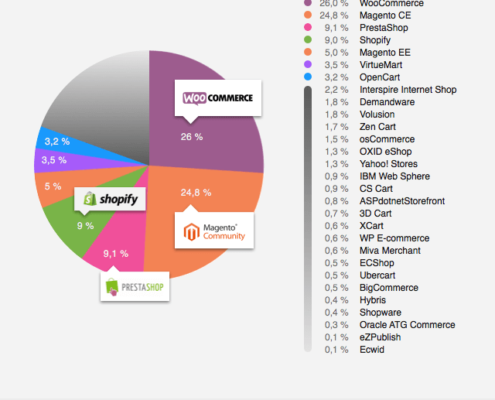 https://www.digideo.co/wp-content/uploads/2016/01/magento-market-share-102015.png
640
640
Urszula Urban
https://www.digideo.co/wp-content/uploads/2023/06/digideo2019-340-1.jpg
Urszula Urban2016-01-04 12:08:382024-07-17 12:28:07What is Magento market share in 2015
https://www.digideo.co/wp-content/uploads/2016/01/magento-market-share-102015.png
640
640
Urszula Urban
https://www.digideo.co/wp-content/uploads/2023/06/digideo2019-340-1.jpg
Urszula Urban2016-01-04 12:08:382024-07-17 12:28:07What is Magento market share in 2015 https://www.digideo.co/wp-content/uploads/2015/08/remote-team-scaled.jpg
1344
2560
Urszula Urban
https://www.digideo.co/wp-content/uploads/2023/06/digideo2019-340-1.jpg
Urszula Urban2015-08-27 19:39:502024-10-11 15:25:22Using Virtual Agent for eCommerce customers
https://www.digideo.co/wp-content/uploads/2015/08/remote-team-scaled.jpg
1344
2560
Urszula Urban
https://www.digideo.co/wp-content/uploads/2023/06/digideo2019-340-1.jpg
Urszula Urban2015-08-27 19:39:502024-10-11 15:25:22Using Virtual Agent for eCommerce customers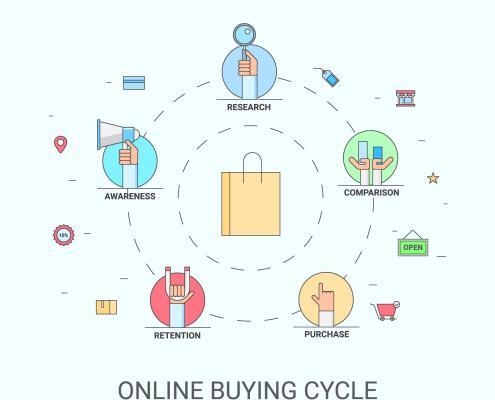
Conversion rate optimization for your shop or website
e-commerce, SEM, SEO https://www.digideo.co/wp-content/uploads/2015/03/glob-budynki.jpg
1500
1500
Urszula Urban
https://www.digideo.co/wp-content/uploads/2023/06/digideo2019-340-1.jpg
Urszula Urban2015-03-14 16:35:022024-10-11 15:25:24Leveraging Replicating Global Content
https://www.digideo.co/wp-content/uploads/2015/03/glob-budynki.jpg
1500
1500
Urszula Urban
https://www.digideo.co/wp-content/uploads/2023/06/digideo2019-340-1.jpg
Urszula Urban2015-03-14 16:35:022024-10-11 15:25:24Leveraging Replicating Global Content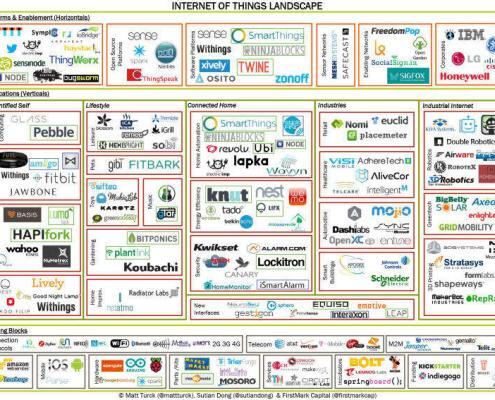 https://www.digideo.co/wp-content/uploads/2015/01/internetofthings2.jpg
567
756
Urszula Urban
https://www.digideo.co/wp-content/uploads/2023/06/digideo2019-340-1.jpg
Urszula Urban2015-01-14 22:14:582024-10-11 15:25:26Trend 2015 – Internet of things
https://www.digideo.co/wp-content/uploads/2015/01/internetofthings2.jpg
567
756
Urszula Urban
https://www.digideo.co/wp-content/uploads/2023/06/digideo2019-340-1.jpg
Urszula Urban2015-01-14 22:14:582024-10-11 15:25:26Trend 2015 – Internet of things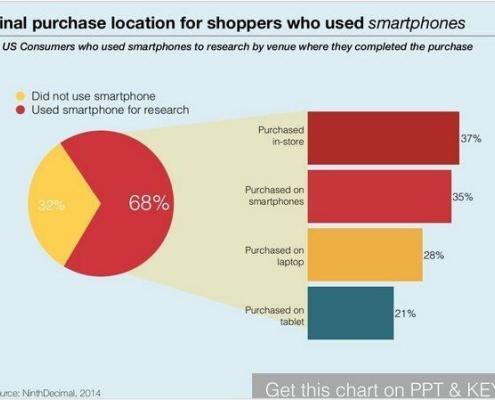
US shoppers behavior changes 2014
consumer behaviour, e-commerce, marketing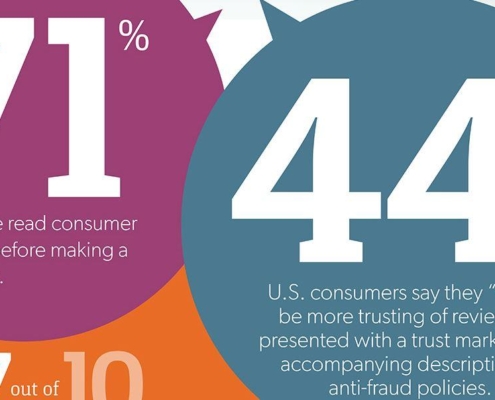
Consumer reviews authenticity
consumer behaviour, e-commerce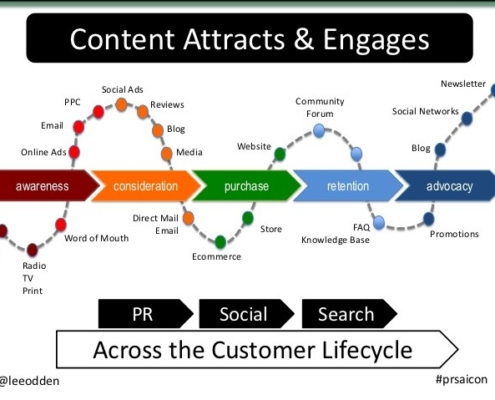 https://www.digideo.co/wp-content/uploads/2014/04/slide-6-638.jpg
479
638
Urszula Urban
https://www.digideo.co/wp-content/uploads/2023/06/digideo2019-340-1.jpg
Urszula Urban2014-04-09 17:23:482024-10-11 15:25:31how to make an attractive content for B2B shops
https://www.digideo.co/wp-content/uploads/2014/04/slide-6-638.jpg
479
638
Urszula Urban
https://www.digideo.co/wp-content/uploads/2023/06/digideo2019-340-1.jpg
Urszula Urban2014-04-09 17:23:482024-10-11 15:25:31how to make an attractive content for B2B shops https://www.digideo.co/wp-content/uploads/2014/01/shop.jpg
667
1000
Urszula Urban
https://www.digideo.co/wp-content/uploads/2023/06/digideo2019-340-1.jpg
Urszula Urban2014-01-02 12:59:482024-10-11 15:25:33The Pricing Strategy In e-Commerce Is Fundamental
https://www.digideo.co/wp-content/uploads/2014/01/shop.jpg
667
1000
Urszula Urban
https://www.digideo.co/wp-content/uploads/2023/06/digideo2019-340-1.jpg
Urszula Urban2014-01-02 12:59:482024-10-11 15:25:33The Pricing Strategy In e-Commerce Is Fundamental
Negative feedback is positive
consumer behaviour, marketing, social marketing, strategy Digideo
https://www.digideo.co/wp-content/uploads/2013/09/Content-is-a-king.png
1080
1080
Urszula Urban
https://www.digideo.co/wp-content/uploads/2023/06/digideo2019-340-1.jpg
Urszula Urban2013-09-12 18:01:452024-11-21 13:31:05Content is a king
Digideo
https://www.digideo.co/wp-content/uploads/2013/09/Content-is-a-king.png
1080
1080
Urszula Urban
https://www.digideo.co/wp-content/uploads/2023/06/digideo2019-340-1.jpg
Urszula Urban2013-09-12 18:01:452024-11-21 13:31:05Content is a king https://www.digideo.co/wp-content/uploads/2013/07/strategy_marketing.jpg
998
1500
Urszula Urban
https://www.digideo.co/wp-content/uploads/2023/06/digideo2019-340-1.jpg
Urszula Urban2013-07-19 19:33:212024-10-23 14:53:47Do we need a marketing strategy?
https://www.digideo.co/wp-content/uploads/2013/07/strategy_marketing.jpg
998
1500
Urszula Urban
https://www.digideo.co/wp-content/uploads/2023/06/digideo2019-340-1.jpg
Urszula Urban2013-07-19 19:33:212024-10-23 14:53:47Do we need a marketing strategy?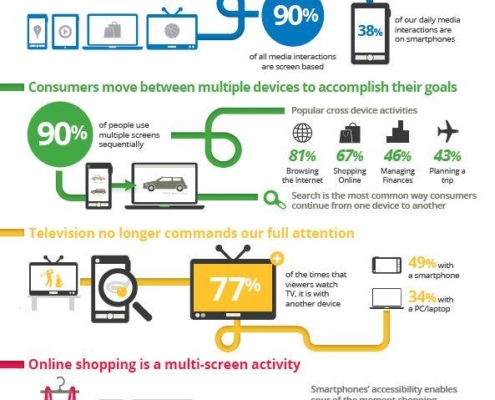
Multi-Device Online Searches: How Consumers Research Products Before Purchasing
consumer behaviour, usabilityReady to get started?
Let’s have a meeting to discuss it.
We are happy to discuss all aspects of your ecommerce business.


Share this entry